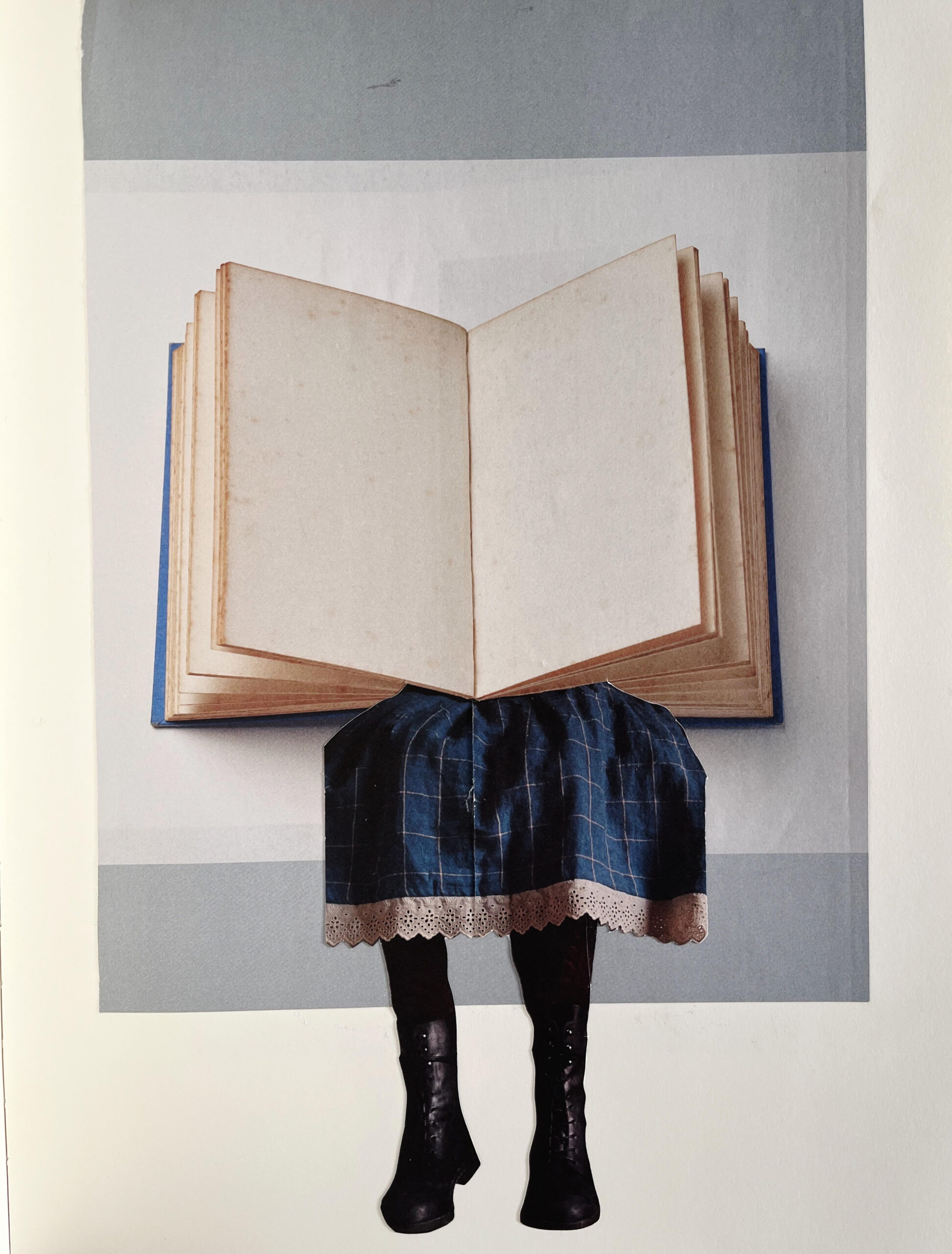One of the shots in the trailer of The Booksellers (⭐️⭐️⭐️) drew my attention to this 2019 documentary by D.W. Young. In it, I recognised bookshelves from the Instagram profile of a New York couple I have been following. They have recently bought an apartment from a lady whose husband was a book collector and this 6 meters high and 20 meters long bookshelf construct has been hard to ignore. The flat in the documentary features only in a couple of scenes when a bookseller visits the lady hoping to pick up a few rarities from the big collection.
Visiting old houses and looking for gems left behind has been his work and passion. He is only one of a few book collectors this documentary follows. Their lives have been centered around the hunt for a book they want or a rare treasure no one knows is still around. They know their books, they look for them, they find them, and then sell or keep them on their shelves forever. What matters is the hunt and the thrill of finding.
Those enthusiasts seem to be a critically endangered species and the numbers can only confirm that. In the 1950s when all book stores were independent there were 368 of them in New York alone and then the bigger bookstore chains slowly started making them disappear. When the film was being shot in 2018 there were only 79 left. Now even those bigger ones are appreciated since there are so few places where you can actually buy physical books.
It is to no one surprise that currently, the Internet is the main culprit here. As with so many other industries that had been around for centuries, also bookselling has been challenged by the new technology. It changed the way rare books are being found and sold and even the way booksellers talk about what is rare these days. To many, it seems to have destroyed their livelihood although a handful of younger ones thrive exploring new opportunities.
What is the future and where is this industry going? The film doesn’t give us the answer. But rather points us in the direction of the recent boom of independent bookshops, which I can see also in London and other European capitals. It is my feeling that people slowly realise technology’s limitations and so reading paperback is not uncommon to see amidst the younger generations on the tube. As Fran Lebowitz suggests, it is in itself extremely encouraging. Small book shops are also valued as they are becoming a part of the community in a way that the big bookstores or online purchases have never had a chance to be. It looks hopeful.
A film about secondhand and antiquarian booksellers in New York City sounded like a perfect evening watch to me but I must say that even though it introduced me to the world I did not have a clue still existed, the lack of focus made it not an entirely satisfactory view.
I watched it on Curzon Home Cinema
